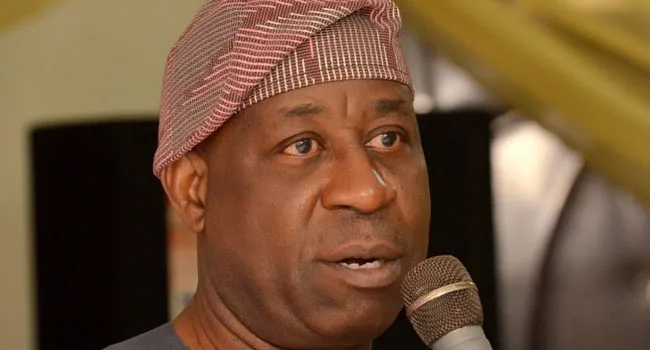The Federal Government has announced plans to establish six mineral centres across the six geo-political zones in Nigeria to boost the mining sector.
This initiative was disclosed by the Minister of Solid Minerals Development, Dr. Dele Alake, during an interview in Abuja on Sunday.
Dr. Alake highlighted that the establishment of these centres aligns with President Bola Tinubu’s administration’s commitment to diversifying the nation’s economy by developing critical sectors such as the solid minerals industry.
“We have our minerals all over the country and we cannot concentrate the mineral processing centres in one area. As we speak, those plans are ongoing in the zones,” said Dr. Alake.
The minister explained that the centres would promote value addition to Nigeria’s minerals, facilitating economic multiplier effects. He also reiterated that mining companies would not be granted licenses without a comprehensive plan for value addition, such as processing and refining.
Alake criticized past practices where investors extracted raw mineral resources from Nigeria without adding value, which he described as a significant loss to the country’s economy. He cited lithium as an example, noting that Nigeria possesses some of the finest quality lithium, along with other associated minerals like nickel, cobalt, and copper.
“When an operator takes an ounce of our lithium out of Nigeria, they may only declare the lithium. However, when they reach their host country, other associated minerals add value, resulting in a loss for Nigeria,” Alake explained.
He emphasized that henceforth, applications from investors must include a concrete plan for local value addition to be approved. This policy aims to generate local employment and facilitate technology and skills transfer.
The minister also mentioned that this move is part of Nigeria’s plans to produce Electric Vehicle (EV) batteries locally, with lithium being a key ingredient.
“Our objective is to begin producing EV batteries using lithium and other associated minerals,” Alake stated.
Additionally, he noted that the local value-addition policy had gained acceptance among other African countries, all aiming to develop their local economies.










Join our Channel...